How does one write an entire novel? It’s a bit like the advice for eating an elephant, one bite at a time. In this episode we cover Anne Lamott’s novel biting tips from her book, Bird by Bird. First comes her 1-inch picture frame technique, then her most famous suggestion, shitty first drafts. Finally, we tackle the anti-writing mindset, perfectionism.
Also on the podcast, we interview literary agent and podcaster, Erik Hane, about the fantasies and realities of publishing one’s first novel.
Want to hear more of our exercise workshop? We post the bonus podcast and detailed write up of the exercises on our Words to Write by Patreon account.
We all know you have expectations for your book: an agent who finds you the best publisher; the publisher who invests as much time and energy into the book that you did; an audience who sends it right to the top of the NY Times Bestseller’s list. But if you listened to our last episode, you know there is a more sober, albeit still satisfying truth of publication.
In this current episode, Eric Hane from the Print Run Podcast joins us to pit the realities against the fantasies of publishing. You’ll leave listening to this insightful interview not only realigning your expectations as an author, but preparing strategically for publication.
Erik Hane is a literary agent and one half of the Print Run Podcast, where he and his co-host discuss the publishing industry and how it affects authors. We highly recommend any writer getting close to finishing their book to give it a listen. He’s also a writer and freelance editor. Want to find out more about what he’s looking for in a client, click here.


The Writing Exercise
Every day, compose an inch frame’s worth of writing to slowly scale the mountain that is your book. Stick to an image, short scene, description, etc.
Short Assignments
Completing your novel is like scaling Mt. Everest. You know the feeling. You sit to write YOUR NOVEL and it towers above, you just a speck below YOUR NOVEL’S trailhead, the motivation for the first few chapters of YOUR NOVEL utter hubris. How are you going to finish the utter monstrosity that is YOUR NOVEL? THE BOOK? This…THING IN ALL CAPS?!
Inch by Inch

Lamott advises us to try short assignments to combat the mental overwhelm. Trying to write A BOOK, Lamott says, “is like trying to scale a glacier.” The key is to try NOT to scale the mountain all at once. In fact, it’s not even wise to look at the mountain at all. When Lamott feels overwhelmed by the glacier that is HER BOOK, she picks up a one inch picture frame which sits on her desk and writes her BOOK one inch at a time.
In other words, You can’t capture the entire story in one sitting but you can focus on one interaction, one plot point, one description, one scene, etc. These short assignments, over time, add up to that hill, novel, painting, whatever. While a day’s work may leave you unsatisfied, the real gains are in a month’s (or year’s) worth of work.
Sh*tty First Drafts (Why Nan-O-Wrimo Exists)
It goes by many names. Draft. First draft. Discovery Draft. Word Vomit. Renee likes to call it a Drafty Draft or Panic Draft. Lamott’s friend calls it a “Child’s Draft.” Another of her friends terms it the “Down Draft” and the second one the “Up Draft.” Whatever you call it, it’s the writing no one else will read. And yes, Dear Writer, it is supposed to be shitty.
If you’ve taken Freshman Composition (and did the required reading) in the last twenty five years, you are already familiar with this chapter of Bird by Bird: Widely anthologized, your writing instructor no doubt made you read it to convince you that 1) good writing ≠ fast writing and 2) your first draft is going to be really, really bad. Like horribly bad. Like if Renee had ten dollars (adjusted for inflation) for each time she had to grade (and fail) one more first draft turned in as a final draft she’d could finally afford that ‘one bedroom apartment within fifty miles of the college’ in the sky.
Like panning for gold, you’re sifting through the crap to get to the good stuff, to discover things you didn’t realize you’d find, like a central idea or a sequence of events.
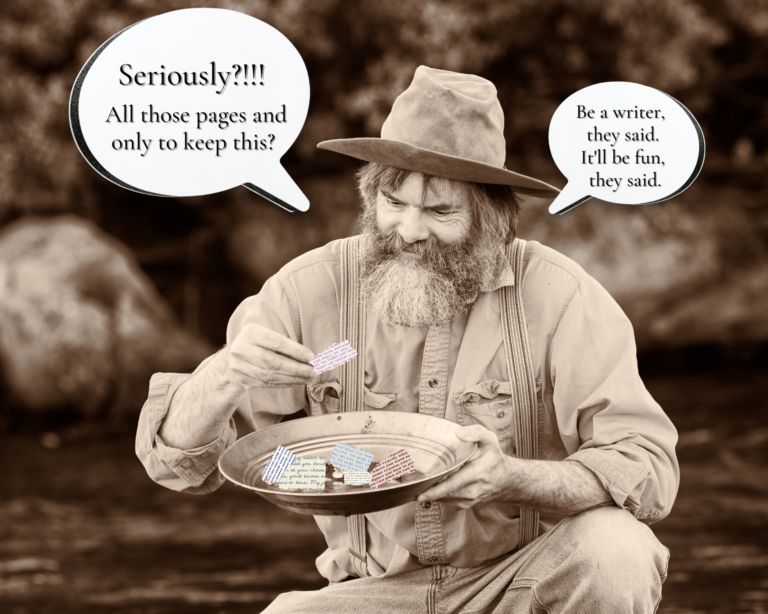
So why must we spend all those hours producing work that’s just going to suck anyway? Lamott says that’s just how it is. So there. Everyone writes that way (she says she knows someone who can write final draft material on the first go but nobody likes that writer).
Perfectionism, that Fickle Beast
Perfectionism is the enemy of the Shitty First Draft. It’s the best excuse to never finish and the ultimate self defense mechanism against the voices of criticism. You know them: that parent, that teacher, yourself. You’ll never be perfect although you keep trying.
Lamott says these voices come from childhood; the trick is quieting them long enough to sit at the table and write, create, and hopefully finish. While Lamott gives us the answer you’ll most likely find in any advice book: “create messes” in order “to find out who we are,” she turns the spiritual to help those of us self doubting control freaks.
For those who believe in a higher power, she says, the answer lies with having faith that It, They, Them, Whatever will give you the motivation and wherewithall to show up and get that draft done already.

For those Aetheists like Renee, Lamott provides a quote from Geneen Roth: “awareness is learning to keep yourself [compassionate] company.” If you harbor perfectionist issues like Renee, you may be rolling your eyes right now. But Self Care is totally a thing. So is mindfulness, all of which are scientifically proven to help with self criticism.
Continuing the (Process) Conversation
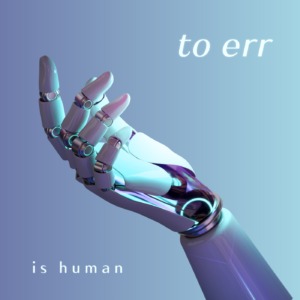
This perfectionism beast isn’t going to slay itself, so we decided it should be the topic of Continuing the (Process) Conversation. For many writers, this is the beast that keeps them from finishing, beginning, or even attempting to write. There are, however, different types of Perfectionists. Psychologists studying this mental hang-up found three categories it manifests in people. Self-Oriented Perfectionism, a person who demands perfection from one’s self; Other-Oriented, expecting others to be perfect; lastly, Socially Prescribed Perfectionism, the belief that others expect perfection from you.
Most people will find themselves somewhere along this spectrum, and some may mix and match these thought patterns. Most importantly, however, you really can overcome this monster.
Make Messes not Mistakes
So far, we’ve been quite impressed with Lamott’s advice: the one framed inch of space to distract from the seemingly insurmountable mountain that is your book; the half hour of daily throat clearing. (You can hear our thoughts on the thirty minute exercise on our Bonus Episode).
But Renee feels a bit cheated with Lamott’s perfectionism chapter. Telling a perfectionist to “make messes” to “find oneself” doesn’t quite fill the them with motivation to show up.
Chanelle Peters, author of Un-Becoming
During her interview on LitHabits, poet and scholar Charnell Peters discusses the ways in which she overcomes mental, emotional, and creative resistance in order to write.
As an undergrad, Peters thought: “I had to be feeling ‘this way.’ I had to be thinking ‘this way.’ I had to be in the zone. And that was what was going to make the writing really good. That’s where a lot of my resistance came from–trying to generate this state I wanted to be in.”
A seasoned and experienced writer, she now writes whatever mood she’s in. However she feels, she comes to writing on whatever terms her mind has set.
"I find other ways to flex my creative skills and creative mind"
Peters shares one particularly interesting and effective tactic to overcoming Perfectionism. Almost like a process of failing, she practices other forms of art such as painting which she knows she’s not necessarily good at but enjoys doing. By engaging in the creative process of ‘good enough,’ she, perhaps, becomes more comfortable with being messy.
To hear more genuinely supportive advice for all creatives, watch her interview below.
Tribute: Cory Doctorow

We haven’t read any E.L. Doctorow (sorry Lamott), but we’ve read Cory Doctorow so we decided to tribute him instead. Cory Doctorow (1971) provided his own bio on his website, craphound.com so we’ll just let him speak for himself. Cory Doctorow is a science fiction author, activist, and journalist. His latest book is Checkpoint Capitalism (with Rebecca Giblin) nonfiction about creative labor markets and monopoly. His latest novel is Attack Surface, a standalone adult sequel to Little Brother. He is also the author How to Destroy Surveillance Capitalism, nonfiction about conspiracies and monopolies; and of Radicalized and Walkaway, science fiction for adults, a YA graphic novel called In Real Life; and young adult novels like Homeland, Pirate Cinema and Little Brother. His first picture book was Posey the Monster Slayer (Aug 2020). In 2023/4, Tor Books will publish two more science fiction novels for adults: Red Team Blues and The Lost Cause; and Verso will publish The Internet Con, a nonfiction book about monopoly and radical interoperability. He maintains a daily blog at Pluralistic.net. He works for the Electronic Frontier Foundation, is a MIT Media Lab Research Affiliate, is a Visiting Professor of Computer Science at Open University, a Visiting Professor of Practice at the University of North Carolina’s School of Library and Information Science and co-founded the UK Open Rights Group. Born in Toronto, Canada, he now lives in Los Angeles. In 2020, he was inducted into the Canadian Science Fiction and Fantasy Hall of Fame.
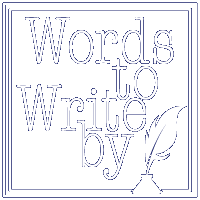

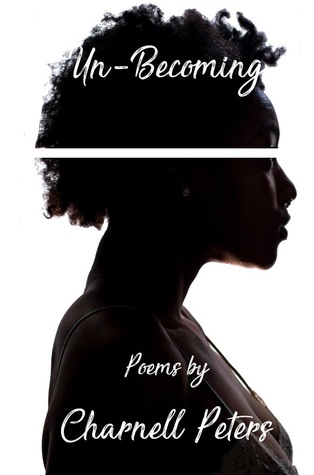
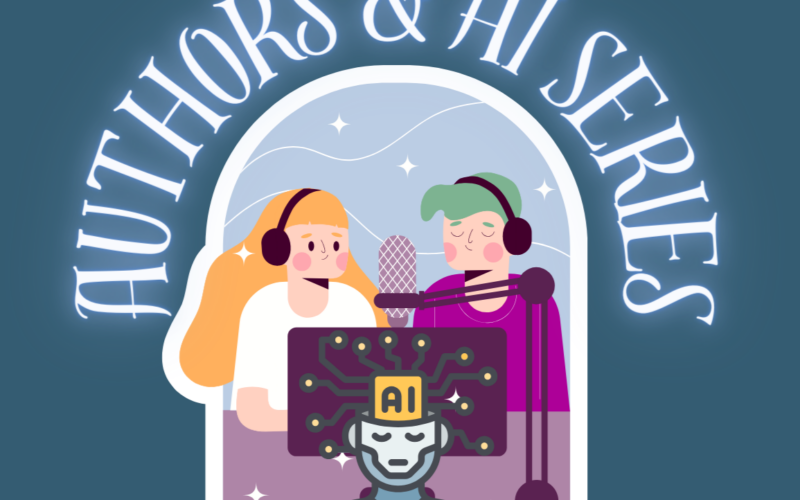
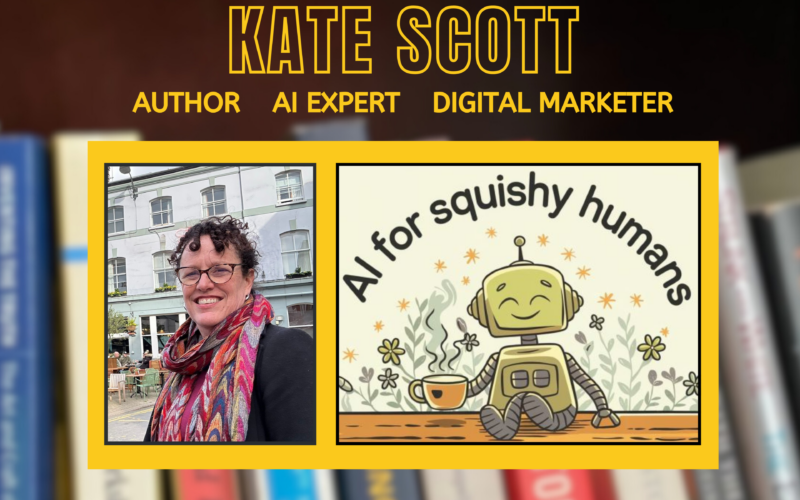
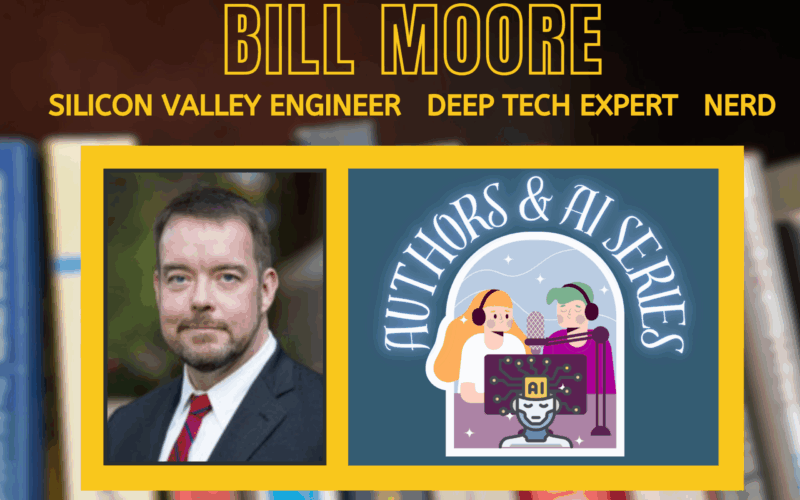
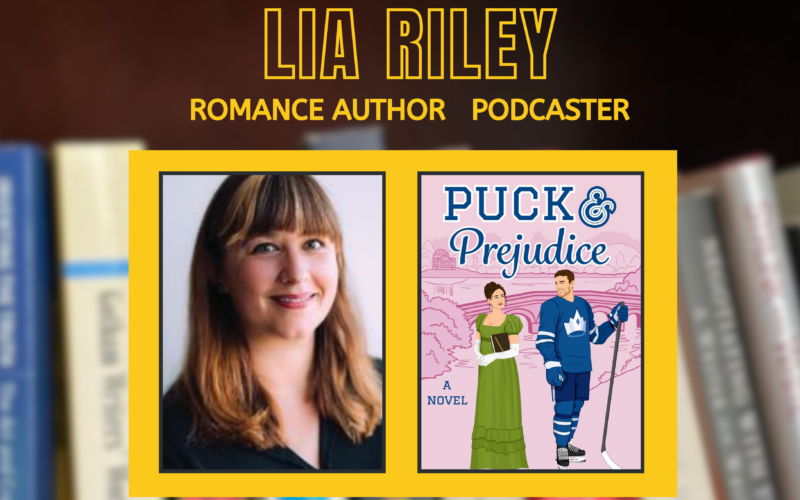
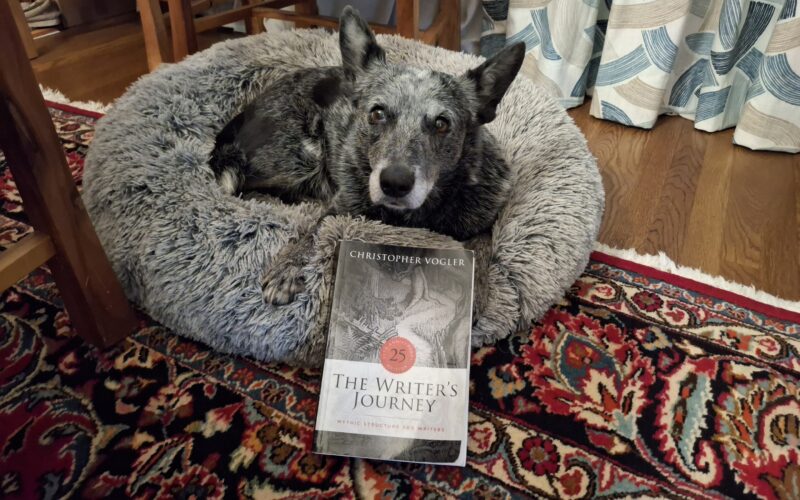
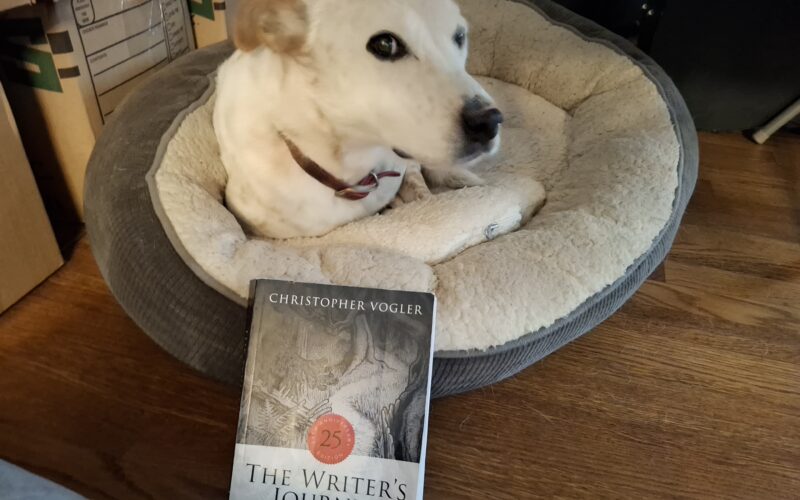
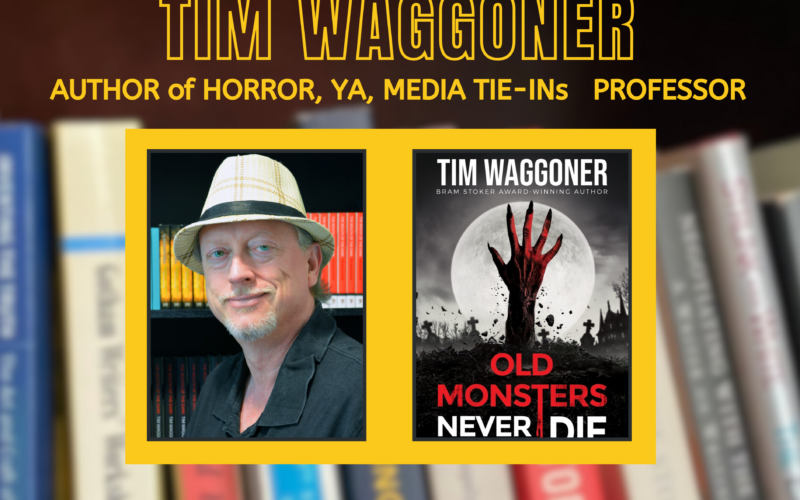

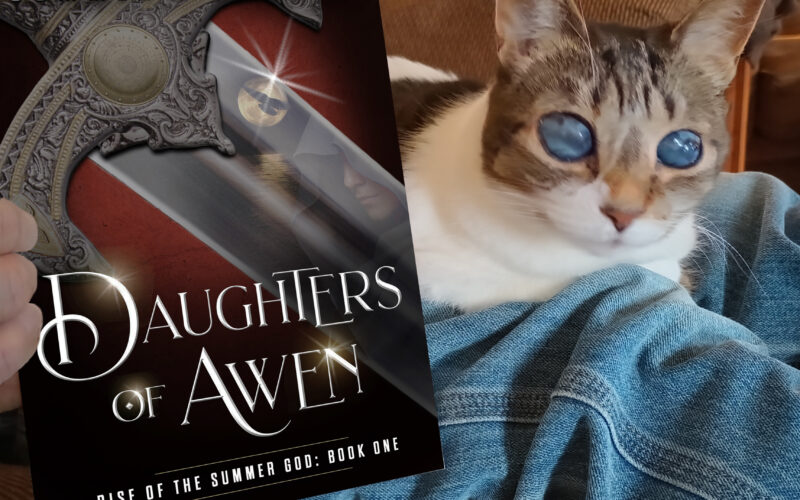

What’s Really Happening When AI Writes? An Interview with Bill Moore
We've been putting AI chatbots through creative writing challenges, but what are these systems actually doing when they write? In this episode, we bring in AI expert Bill Moore. Bill...